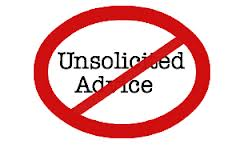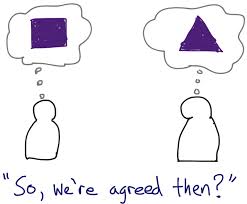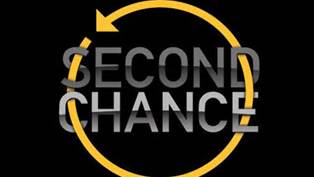When does confidence become hubris?
So much is written about the importance of confidence and yet, there is a dark ugly side too. We see it every day in the press – rock stars, sports stars, politicians and others, who have so much confidence that they begin to make choices out of hubris.
Well, we say, they are stars, this doesn’t happen amongst “regular leaders”. And, while we may want this to be true, my experience is, it happens in every arena where leaders are successful.
We all know the leader that made it big and acts as though s/he has the “Midas touch”. After the one success they believe everything they try, everything they touch will be the same. Or, they feel the need to tell everyone about their accomplishments, and they don’t feel the need to listen. After all, they already know it all; they accomplished what others have not.
We also know the leader who despite success after success is humble. Who, when asked how they accomplished what they did, points to the people s/he has learned from, rather than their own brilliance. The leader who is on a lifetime journey of learning, who believes no matter what their accomplishments, they can always accomplish more by listening to others.
Which of these describes you?
Which do you want to be?
If your choice is the humble leader, what are you doing to stay curious and continue to learn?

















 The initial results of my Pivot are excellent. I feel I have much greater clarity regarding the next 3-5 years..
The initial results of my Pivot are excellent. I feel I have much greater clarity regarding the next 3-5 years.. 